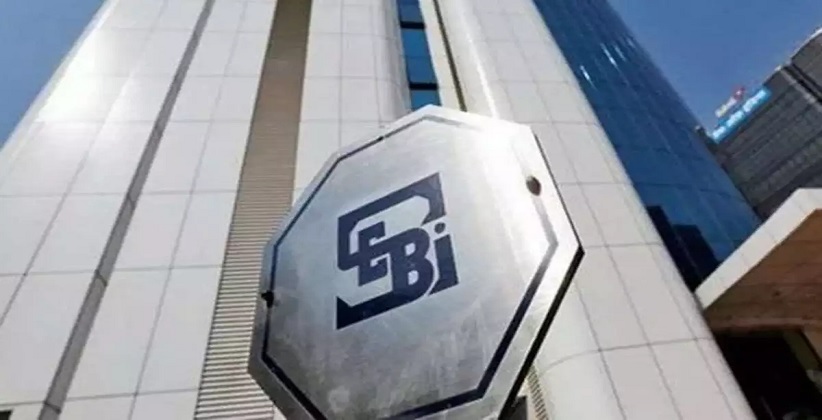On Thursday (August 13,2020), the market regulator SEBI came up with the procedure for handling investors' complaints as well as a standard operating system to be taken against the listed companies to deal with such grievances.
This procedure will come into force on September 1 and will be able to deal with the complaint which is related to the non-updating of address or signature, non-receipt of bonus, dividend, interest for delay in dividend, share certificate, and the duplicate debt securities certificate.
The grievances pertaining to non-receipt of securities in public issues and rights issues, non-receiving securities after conversion/consolidation/splitting, receiving refund or dividend, and shares in physical mode instead of electronic mode will also be applicable. Investors are encouraged to initially take up their grievances to the listed company directly. Also, the SCORES platform can be used to address the grievances of the complainant has not submitted such grievances to the company earlier. The company first must resolve the complaint directly and in case the company does not redress it within 30 days of the complaint, then such direct complaint will be forwarded to designated stock exchange (DSE) through SCORES.
At the time of lodging complain in SCORES, the complainant has to submit the details of the previous complaint that was filed to the company directly then SCORES will transfer the complaint to DSE, and DSE will take it up with the company. The company will be required to submit the resolved complaint to the Action Taken Report (ATR) within 30 days of the complaint being launched. In case the redressed complaint is not submitted by the company to ATR or DSE then it will be assumed that the complaint is not redressed and the company will get 30 more days to redress it and SCORES will be sent the reminder to the listed company to redress the complaint within another 30 days. And, IF after 60 days the complaint again not be redressed then proper action will take place against the listed firm. After being fully satisfied by the companys response to the complaint, the Stock Exchange will give an ATR to SEBI.
Regarding action on failure to redress grievances, the exchange will levy a fine of Rs 1,000/- per complaint on the listed entity. Besides this, the fines will also be levied on the companies which are suspended from trading and the companies have to pay the fine within 15 days after receiving the notice from DSE and they also have to submit ATR for the pending complaint according to the notice. If the company fails to follow the notice within 30 days, then DSE will issue a notice to the promoter of such entity to ensure the submission of ATR and the payment of the fine within 10 days from the date of receiving the notice.
The depositories will freeze the Demat account of the company and will give the reason behind freezing the Demat account to the promoter.
While issuing the notice, DSE will also send intimation to other recognized stock exchanges where the shares of the non-compliant entities are listed.
Once there is an exhaustion of all the options, the number of complaints exceeds 20 and the value involved is more than 10 lacks then DSE will transfer the issue of the listed entity to SEBI and SEBI will take further actions if any.
The exchanges will intimate through SCORES about the action that will take place against the listed firm. Also, the fine will be levied and computed on a monthly basis during the non-compliance period. The fine amount will continue to be accrued until the listed firm compulsorily delisted after resolving and redressing all the issues. If the company has redressed the complaint but not paying the accrued fine, the stock will stop levying further fine, but the shareholdings will be frozen until the firm pays the accrued amount.
In case the promoters shareholding is frozen by the exchange, then an intimation will be given to the depositories to unfreeze the promoter and promoter group holdings from the date of such compliance. The exchange will disclose all the actions and steps taken against the listed entities on their website.
About SEBI (Securities and Exchange Board of India)-
SEBI (Securities and Exchange Board of India) is a statutory regulatory body, it was founded on August 12, 1992, under the SEBI act, 1992. It is entrusted with the responsibility to regulate the Indian Capital Market. It protects the interest of the investors by enforcing certain rules and regulations and monitors and regulates the securities market.






